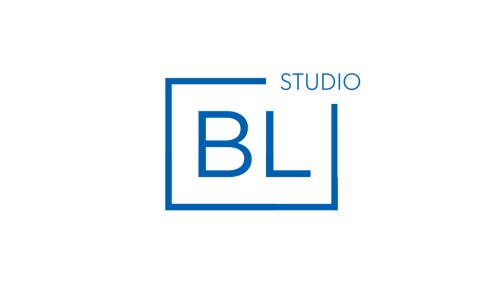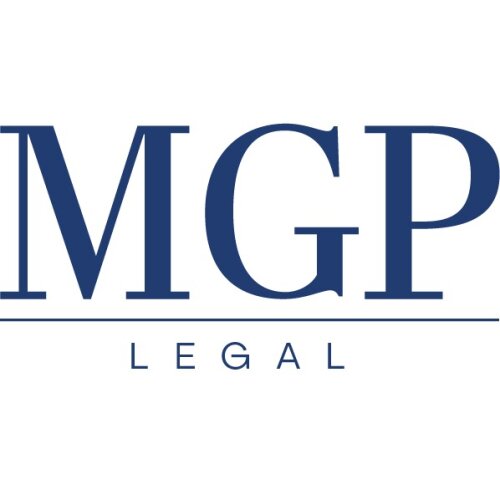Best International Trade Law Lawyers in Florence
Share your needs with us, get contacted by law firms.
Free. Takes 2 min.
List of the best lawyers in Florence, Italy
About International Trade Law in Florence, Italy
International Trade Law in Florence, Italy involves a combination of international and domestic laws that govern the trading relationships between businesses and governments. This can encompass a wide range of legal issues, including import/export regulations, trade agreements, tariffs, and international dispute resolution. Florence, as a part of Italy, is subject to both European Union regulations and Italian national laws, influencing how international trade is conducted.
Why You May Need a Lawyer
There are several situations where individuals or businesses may require legal assistance in International Trade Law. Common scenarios include: navigating complex trade regulations, negotiating international contracts, ensuring compliance with local and international laws, dealing with export/import restrictions, and resolving cross-border disputes. An experienced lawyer can provide valuable guidance and representation in these areas.
Local Laws Overview
In Florence, Italy, International Trade Law is influenced by regulations at both the national and European Union levels. Key aspects include compliance with EU trade policies, understanding tariffs, adhering to international trade agreements, and meeting import/export controls. Italy also has specific regulations relating to customs procedures and the movement of goods across its borders. Businesses should be well-versed with licensing requirements and standards to avoid potential legal issues.
Frequently Asked Questions
What is the role of an International Trade Lawyer?
An International Trade Lawyer provides legal advice on trade regulations, helps businesses understand policies, and represents clients in trade disputes or negotiations.
Are there specific trade agreements affecting Florence?
Yes, Italy, as part of the EU, is subject to numerous international trade agreements which can affect businesses operating in Florence, including bilateral and multilateral agreements.
How does Italy's membership in the EU affect trade law?
Italy's EU membership means compliance with EU-wide trade laws and regulations, which can impact trade practices, tariffs, and the legal framework for resolving disputes.
What are the common legal challenges in International Trade?
Common challenges include compliance with differing regulatory standards, tariff classifications, export restrictions, and resolution of cross-border disputes.
How can businesses ensure compliance with trade regulations?
Businesses should consult with legal experts, maintain comprehensive records, and stay updated on regulatory changes to ensure compliance.
How are trade disputes typically resolved?
Trade disputes can be resolved through negotiation, arbitration, or litigation, depending on the nature of the dispute and the agreements in place.
What documentation is needed for international trade?
Required documents often include commercial invoices, bills of lading, export licenses, certificates of origin, and customs declarations.
Are there specific import/export restrictions for Italy?
Yes, Italy follows EU standards for import/export restrictions, which can include quotas, bans, and licensing requirements for certain goods.
How can I stay updated on changes in trade law?
Following industry publications, government bulletins, and consulting with legal experts can help keep you informed about changes in trade law.
What is the process for exporting goods from Italy?
The process involves ensuring compliance with export regulations, preparing necessary documents, customs clearance, and freight handling. Legal advice can guide through these steps.
Additional Resources
For further information on International Trade Law, consider reaching out to the following resources:
The Italian Ministry of Foreign Affairs and International Cooperation
The European Commission Directorate-General for Trade
The Florence Chamber of Commerce
The International Chamber of Commerce Italy
Law firms specializing in International Trade Law
Next Steps
If you need legal assistance in International Trade Law, consider the following steps:
Identify and reach out to a law firm specializing in International Trade Law for an initial consultation.
Gather all relevant documents and information related to your trade activities or legal concerns.
Consider attending seminars or workshops offered by trade bodies to gain more insight into the legal aspects of international trade.
Stay informed about any updates or changes in trade regulations that may affect your business operations.
Lawzana helps you find the best lawyers and law firms in Florence through a curated and pre-screened list of qualified legal professionals. Our platform offers rankings and detailed profiles of attorneys and law firms, allowing you to compare based on practice areas, including International Trade Law, experience, and client feedback.
Each profile includes a description of the firm's areas of practice, client reviews, team members and partners, year of establishment, spoken languages, office locations, contact information, social media presence, and any published articles or resources. Most firms on our platform speak English and are experienced in both local and international legal matters.
Get a quote from top-rated law firms in Florence, Italy — quickly, securely, and without unnecessary hassle.
Disclaimer:
The information provided on this page is for general informational purposes only and does not constitute legal advice. While we strive to ensure the accuracy and relevance of the content, legal information may change over time, and interpretations of the law can vary. You should always consult with a qualified legal professional for advice specific to your situation.
We disclaim all liability for actions taken or not taken based on the content of this page. If you believe any information is incorrect or outdated, please contact us, and we will review and update it where appropriate.












